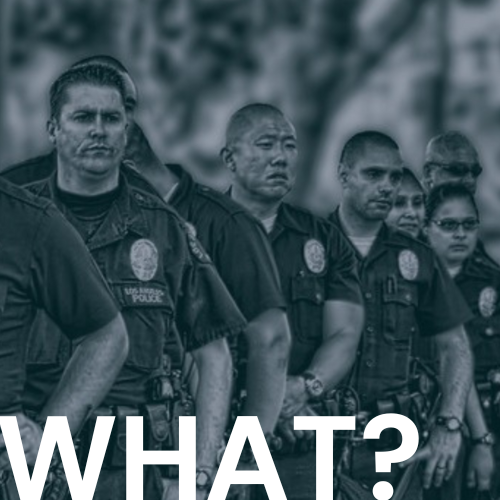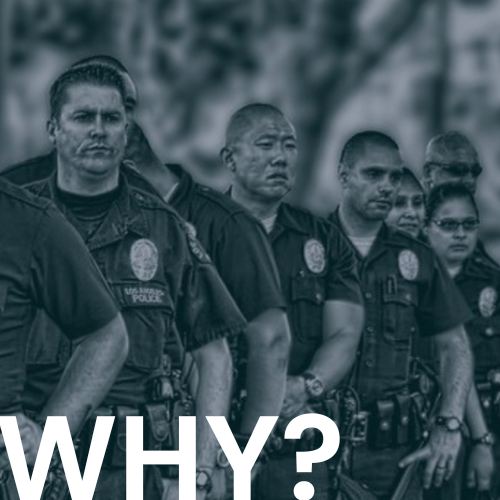Brady v. Maryland (1963) is a landmark U.S. Supreme Court case that established the principle that prosecutors must disclose exculpatory evidence to the defense. Exculpatory evidence refers to any information that could potentially prove the defendant's innocence or undermine the prosecution's case. In cases where prosecutors fail to comply with their Brady obligations, there are remedies available both pre-trial and post-conviction to address the non-compliance and uphold the defendant's right to a fair trial.
Pre-Trial Remedies
Request for Discovery
Before trial, the defense can file a formal request for discovery, seeking all relevant evidence in the prosecution's possession. This includes any exculpatory evidence that the prosecution may have. The prosecution is then required to disclose such evidence in response to the discovery request.
Brady Motion
If the defense becomes aware of potential exculpatory evidence that has not been disclosed, they can file a motion specifically citing Brady v. Maryland. The motion requests the court to order the prosecution to provide any relevant exculpatory evidence that has not been disclosed.
Sanctions
If the court finds that the prosecution willfully and intentionally withheld exculpatory evidence, the judge may impose sanctions. Sanctions can include reprimanding the prosecutor, exclusion of evidence, or, in severe cases, dismissing the charges against the defendant.
Continuance
In cases where the defense discovers exculpatory evidence close to the trial date, the court may grant a continuance to allow the defense sufficient time to review and prepare a response to the newly disclosed evidence.
Post-Conviction Remedies
Motion for New Trial
After a conviction, if the defense discovers previously undisclosed exculpatory evidence that could have had a significant impact on the trial's outcome, they can file a motion for a new trial. The motion presents the new evidence and requests the court to reconsider the case in light of this information.
Habeas Corpus Petition
A defendant may file a writ of habeas corpus, challenging the legality of their confinement, based on the non-disclosure of exculpatory evidence. This is typically done when the defendant believes that their constitutional rights were violated due to the withholding of material evidence.
Post-Conviction Relief
Many jurisdictions have statutes that allow post-conviction relief for defendants who were convicted based on withheld exculpatory evidence. This relief can include a new trial, a reduction in sentence, or even exoneration if the evidence establishes the defendant's innocence.
Civil Lawsuits
In extreme cases of prosecutorial misconduct, where the non-disclosure was intentional and resulted in a wrongful conviction, the defendant may pursue a civil lawsuit against the prosecution or law enforcement agencies for damages.
It is important to note that the availability and success of these remedies can vary depending on the circumstances of each case and the jurisdiction in which the trial took place. Additionally, proving a Brady violation can be challenging, as it requires demonstrating that the prosecution knowingly and intentionally withheld exculpatory evidence that was material to the case.
In conclusion, Brady v. Maryland provides important remedies to address non-compliance with the disclosure of exculpatory evidence by prosecutors both before and after trial. These remedies are crucial in safeguarding a defendant's right to a fair trial and ensuring that the criminal justice system operates with transparency, fairness, and accountability.






![Peace Officer Standards & Training [POST] Departments Peace Officer Standards & Training [POST] Departments](/sites/default/files/styles/large/public/2023-07/Brady.png?itok=xsIFvU8R)
![Organizations [Law Enforcement et al.] Organizations [Law Enforcement et al.]](/sites/default/files/styles/large/public/2023-07/Brady%20%282%29.png?itok=H7Pj15F8)

